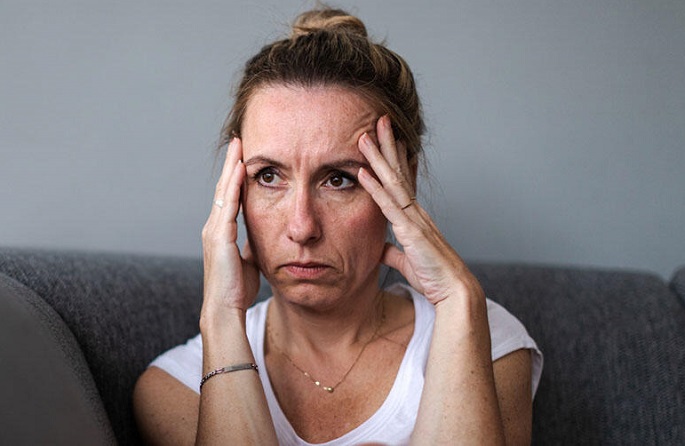Mental health services struggle to meet increased demand
Published : 20 Jun 2021, 02:49
The need for mental health services and health services for elderly people has grown rapidly in Finland in recent years, but social and health care services have only been able to partly meet the increased demand, according to the Finnish Institute for Health and Welfare (THL).
The THL published the national evaluation of Finnish social welfare and health care services, which focuses on mental health services and health services for elderly people as provided in 2019, said an official press release on Friday.
Although the number of providers of basic social welfare and health care services has decreased in recent years, and the number of joint municipal authorities has increased, the structure of basic mental health services is still fragmented in Finland. This undermines equal access to services and the quality of services.
The range of mental health services, operating methods, resources and professional competence varied considerably between the regions – particularly for services for children, young people and families. In many places, the lack of services impaired the possibility of receiving treatment if necessary. Prolonged access to treatment often aggravates problems.
Mental health issues became the most common cause of disability pensions paid from 2019 onwards. The percentage of working-age people receiving sickness allowance for mental health reasons has increased throughout the country.
The THL estimated that elderly people do not receive health care services equally in homes and sheltered housing, even though only one quarter of the half a million people aged 75 or over are covered by regular services for elderly people. There are differences between and within hospital districts, even in the same municipality. Services are most likely to be available on an equal footing in areas where the integration of social welfare and health care services is most advanced. It appears that the cost development of services is also more moderate in the areas that have integrated their services.
In 2019, an exceptionally large number of reports of problems concerning institutional housing and home care for elderly people were submitted to the supervisory authorities. Several decisions to suspend the operation of private sheltered housing units were made. The deficiencies observed in the supervision concerned the safety of medication, the organisation of health care services and the adequacy of personnel in relation to the customers' service needs, among other things.
The Finnish population is ageing rapidly and declining, with the exception of growth centres, in the majority of the country. The demographic developments and the fragmentation of the service system affect the finances of municipalities paying for services. In 2019, the financial situation of municipalities was exceptionally poor: only one in five municipalities had a balanced economy, whereas two years earlier, the economy was in balance in more than 80 per cent of Finnish municipalities.
‘The poor economic situation in municipalities and hospital districts, deficiencies in the current service system and the growing shortage of social welfare and health care professionals will be a serious challenge to the ongoing social welfare and health care reform,’ said Pekka Rissanen, Deputy Director General for Knowledge and Data at the THL.


